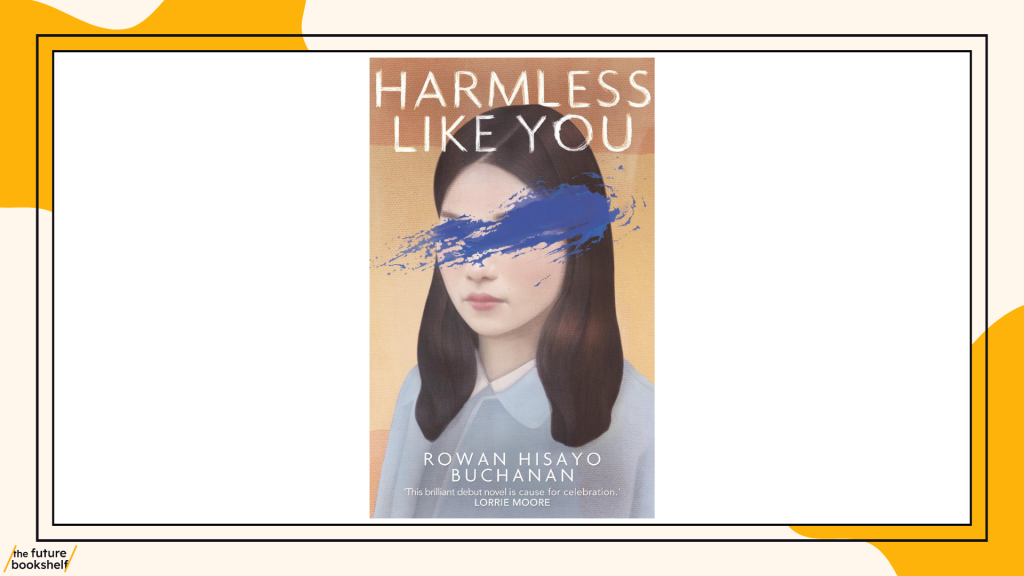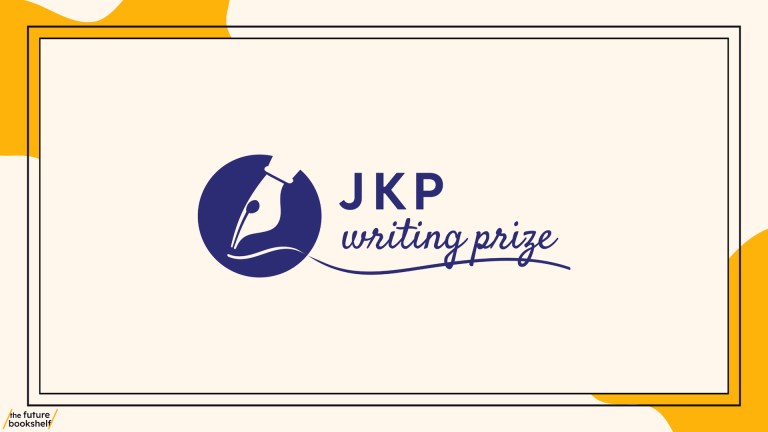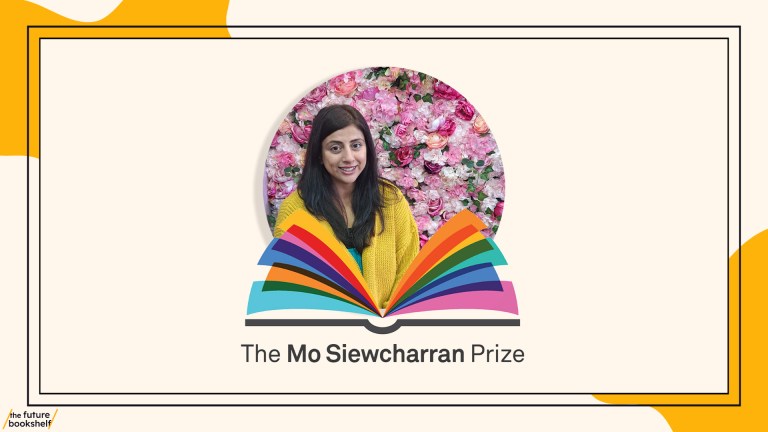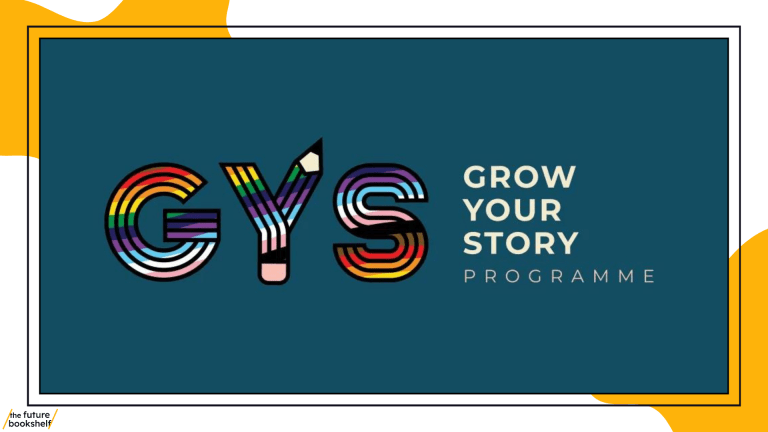Guest Blog – Reading Games with Rowan Hisayo Buchanan

Unusual writing tips from the debut author of Harmless Like You, Rowan Hisayo Buchanan.

Author photo: Eric Tortora Pato
Writing teachers tell their students, Read! Read every day. Read deeply — a poet’s entire corpus. Read widely — hop continents, waltz over centuries! Whatever else you do, read!
As a child, I used to beg my mother for more books. My hands stroked the edges of birthday gifts to feel for the curve of a spine. So when my writing teachers told me to read, I thought, This is easy! It wasn’t. My brain didn’t want to analyze Hemingway stories or draw plot diagrams for Zadie Smith novels. The better the writing, the more likely I was to just dive into the deep blue of the story and the less able I was to stay onboard my writer’s dinghy.
I had to find ways to keep focused. So I started playing reading games. Later, as a writing teacher myself, I passed them on to my students. Here are three of my favourite reading prompts. (I recommend sitting down with a free hour, a cup of tea, and maybe some nibbles.)
- Get Out Your Crayons
Read a story and choose the most beautiful sentence. It should be a sentence that works in the story, but which you also love for its own sake — the sort of sentence that sings.
Get out crayons, pencils, watercolours, or even spray paint, whatever makes you happy. Now, draw it.
If you’re a talented visual artist, wonderful. If stick figures are as far as you get, that’s fine too. Just take your time. Think about how you can depict each word. Feel free to be abstract, but really try to find a way to work in every element. Do jagged lines or smooth ones, best describe the writing? Is it a bright sentence or a muted one?
The time spent drawing will help you dwell on the language, the structure, and the word choice. It is also a way of celebrating the writing. Thinking analytically about a story doesn’t mean turning into robots or scrooges. Analyzing a story can be a way of loving it.
- One Word
Most of us have heard of the mot juste, Flaubert’s idea that a writer’s job is to choose the ideal word each time. Read a short story or poem, and choose one word you would change. Only one. If the writing is good the challenge is to figure out how you might make it a tiny bit better. If the writing is terrible, then it’s your job to figure out the one word that would make the most difference.
This forces the mind to analyze each sentence, to consider the effect of each word. And hopefully, for those sentences you leave untouched, you’ll realize what made those words so right.
- Read to Someone You Love
We often talk about our favourite stories as feeling as if they’ve been written just for us. Some stories speak to many people and some to a few. But all good stories speak. They’re a conversation the writer is having with the reader. Note: not a readership, not an Amazon review page, I mean an individual sharing a dream with the writer.
Choose someone who will sit and listen to you read. Think about this person, their petty hates, habits, hopes, and grumps. Think about what sort of books they like. Think about what they don’t read, but should. Only then pick a story.
As you read aloud, track their reactions. When do they laugh, frown, smile? What about the writing made them do that? Were the laughs clustered together or spread apart? What about the worries?
Later when you sit down to write, borrow these techniques of pacing and language. This prompt also helps writing feel more manageable. You’re not trying for some hazy target of artistic excellence, you’re setting out to move another human.
Bonus: Reading aloud to a person who brings you joy, is a beautiful thing.
Now let me join the chorus — Go out my lovelies, go out and read!





